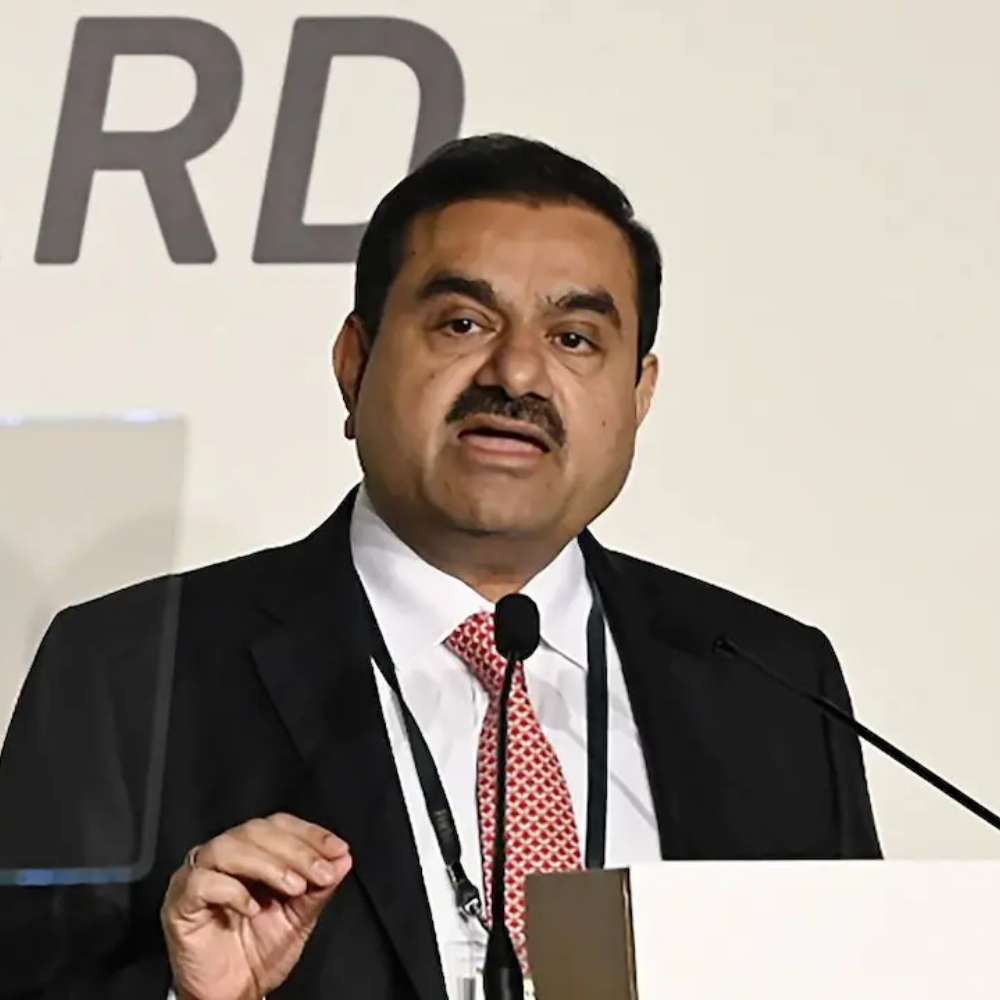Indian billionaire Gautam Adani, chairman of the Adani Group and one of the world’s wealthiest individuals, has been charged in a New York federal court for his alleged involvement in a large-scale bribery and fraud scheme. Alongside seven other individuals, Adani faces accusations of orchestrating a network of illegal activities that included bribing Indian government officials and misleading international investors.
Allegations of Bribery
According to the indictment, Adani and his associates are accused of paying over $250 million in bribes to Indian government officials to secure lucrative solar energy supply contracts. These contracts allegedly generated profits exceeding $2 billion for the companies involved. The 62-year-old tycoon is joined in the indictment by Sagar Adani, his nephew, and Vneet Jaain, an executive with Adani Green Energy Limited.
Prosecutors claim that the group misled investors about the company’s compliance with anti-bribery and anti-corruption regulations while raising over $3 billion to fund these contracts. Adani, along with Sagar Adani and Vneet Jaain, faces charges of securities fraud conspiracy, wire fraud conspiracy, and securities fraud.
Other Defendants in the Case
The five-count indictment, filed in the U.S. District Court in Brooklyn, also names other key figures. These include Ranjit Gupta and Rupesh Agarwal, former executives of the renewable energy company Azure Power Global, and three former employees of the Canadian institutional investor Caisse de Depot et Placement du Quebec (CDPQ): Cyril Cabanes, Saurabh Agarwal, and Deepak Malhotra.
The defendants are accused of conspiring to violate the Foreign Corrupt Practices Act through their roles in the bribery scheme. Additionally, Cabanes, Saurabh Agarwal, Malhotra, and Rupesh Agarwal face allegations of obstructing U.S. federal and Securities and Exchange Commission (SEC) investigations into the matter.
Connection to the U.S.
Although the alleged crimes took place in India, the charges have been filed in Brooklyn federal court due to actions tied to the Eastern District of New York. These include alleged false statements and omissions related to bond issuances that raised funds for the solar energy contracts.
None of the defendants are currently in U.S. custody. Most, including Gautam Adani, reside in India, while Cabanes is reportedly a resident of France and Australia.
SEC Complaints and Investor Misconduct
The SEC has filed civil complaints against Gautam Adani, Sagar Adani, and Cyril Cabanes, accusing them of enabling the bribery scheme that allowed Adani Green Energy and Azure Power Global to capitalize on government-awarded solar energy contracts.
The SEC alleges that Adani Green Energy raised more than $175 million from U.S. investors during the scheme. Furthermore, Azure Power Global’s stock, which traded on the New York Stock Exchange, was implicated in the fraudulent activities.
The complaint outlines that Adani and his nephew orchestrated the payment of bribes to Indian officials in exchange for commitments to purchase energy at inflated rates, benefiting Adani Green Energy and Azure Power. Cabanes is accused of facilitating bribes while operating both within the United States and abroad.
Adani’s Wealth and Past Controversies
Gautam Adani is currently the second-richest person in Asia, with an estimated net worth of $85 billion. However, he faced significant financial losses in early 2023 following a scathing report by Hindenburg Research, which accused the Adani Group of long-term stock manipulation and accounting fraud. The report labeled the alleged misconduct as one of the largest corporate frauds in history.
In response to the report, Gautam Adani issued a 413-page statement refuting the allegations and calling them baseless. Despite this, the billionaire and his company continue to face intense scrutiny, both domestically and internationally.
Implications of the Case
The indictment and SEC complaints highlight the global implications of corporate corruption and the growing focus on holding influential individuals accountable for financial misconduct. The case serves as a stark reminder of the importance of transparency and regulatory compliance in international markets.







